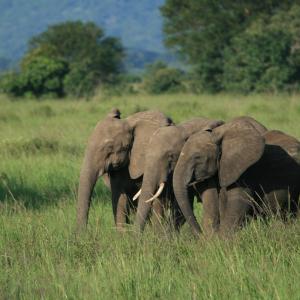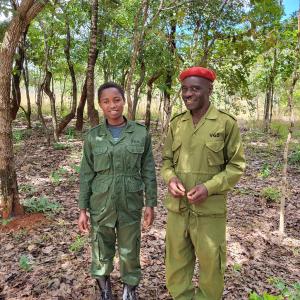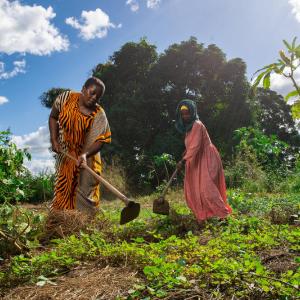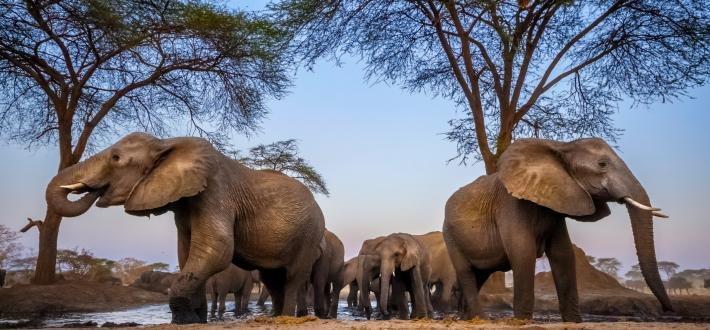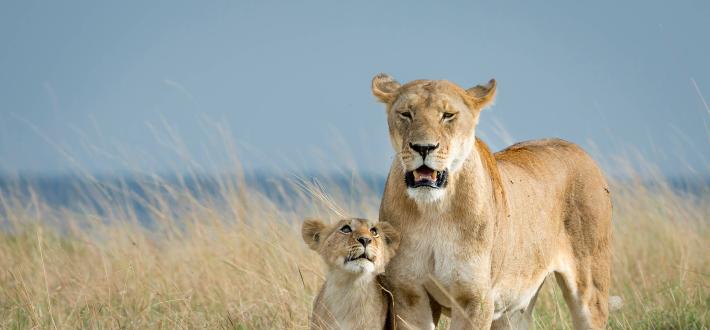

Project overview
Project overview
WWF is working with local communities, partners (SWISSAID and UniLúrio) and government agencies in the Ruvuma transboundary landscape. We're developing collaborative strategies that better prevent, manage and respond to human-wildlife conflict. Diversified agroecology livelihood initiatives also aim to reduce conflict, improve tolerance for wildlife and work towards coexistence.
The three-year project (from May 2023 to March 2026) is funded by the UK Government through the Darwin Initiative.
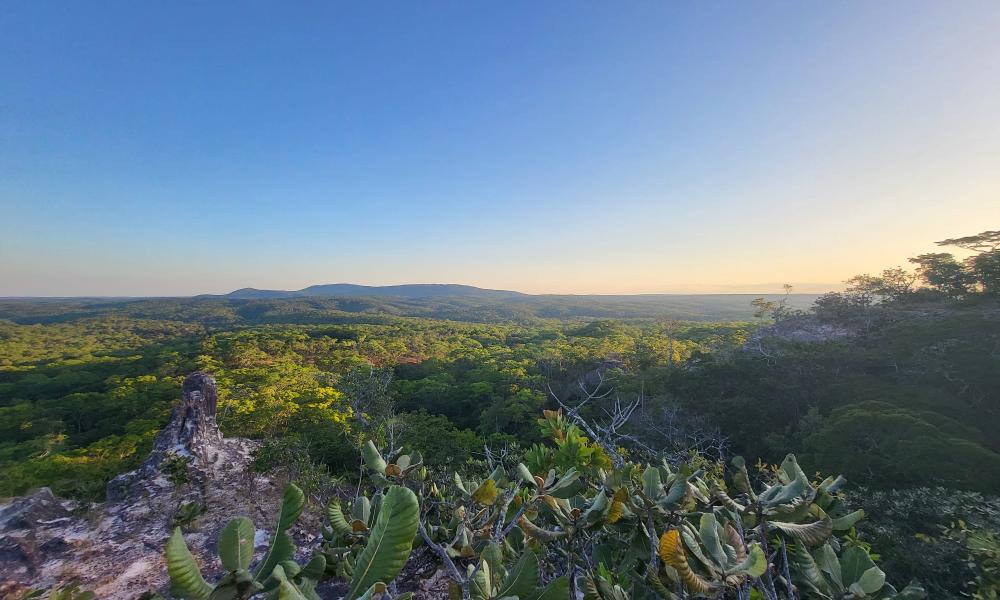
Why we are doing it
Why we are doing it
The Ruvuma Transboundary Landscape is remarkable and vital. It spans approximately 370,000 sq km across southern Tanzania and northern Mozambique. The region is one of Africa’s largest and most intact remaining natural habitats. It's an increasingly rare natural haven both for wildlife and for people and is home to many threatened species. This includes African savannah elephants, lions, and wild dogs.
Yet, the Ruvuma landscape is under growing pressure from many threats. Expanding roads, infrastructure and agriculture are carving up natural habitats and increasing fragmentation. And, a growing human population is intensifying competition for natural resources.
As the pressures on the landscape increase, so does the risk of conflict between people and wildlife. Damage to crop fields by elephants, baboons and bushpigs happen regularly. Loss of livestock to lions and other predators adds even further to people’s hardship. The threat of animal attacks while collecting firewood, water, or travelling on foot, are ever present. And, retaliatory wildlife killings threaten species including elephants and lions.
